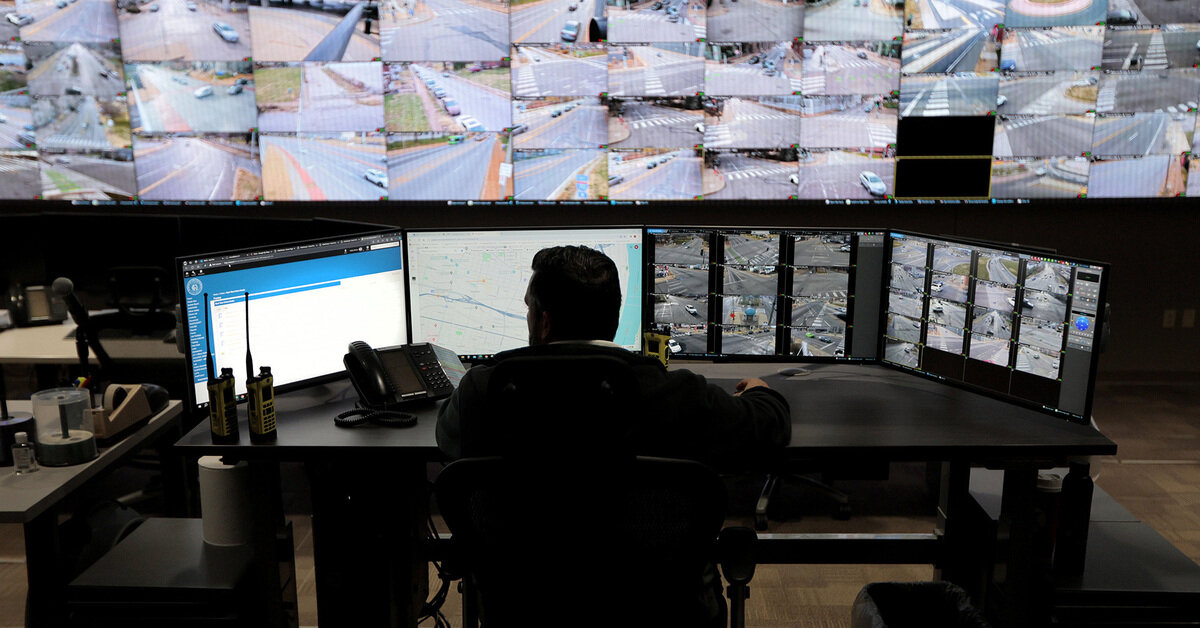Private security footage is nothing new to criminal investigations, but two factors are rapidly changing the landscape: huge growth in the number of devices with cameras, and the fact that footage usually lands in a cloud server, rather than on a tape.
When a third party maintains the footage on the cloud, it gives police the ability to seek the images directly from the storage company, rather than from the resident or business owner who controls the recording device. In 2022, the Ring security company, owned by Amazon, admitted that it had provided audio and video from customer doorbells to police without user consent at least 11 times. The company cited “exigent circumstances.”



I’m trying real hard to develop advocacy for this stuff. I think there’s a genuine business to be made helping people use privacy-respecting stuff like this.
What we need to do is organize and push for a right to privacy rather than work around the system in place.
Por que no los dos?
The reality is tcp/IP was intentonally developed without encryption built in. So we’ll always have to look out for ourselves. And there’ll always be bad actors, with government and politicians being top of the list.
Trust, but verify. Do you just go when a light turns green, or do you check and verify other cars running a red first?
I’d rather look out for myself and know where my risks are, than trust that bad actors will follow the law.